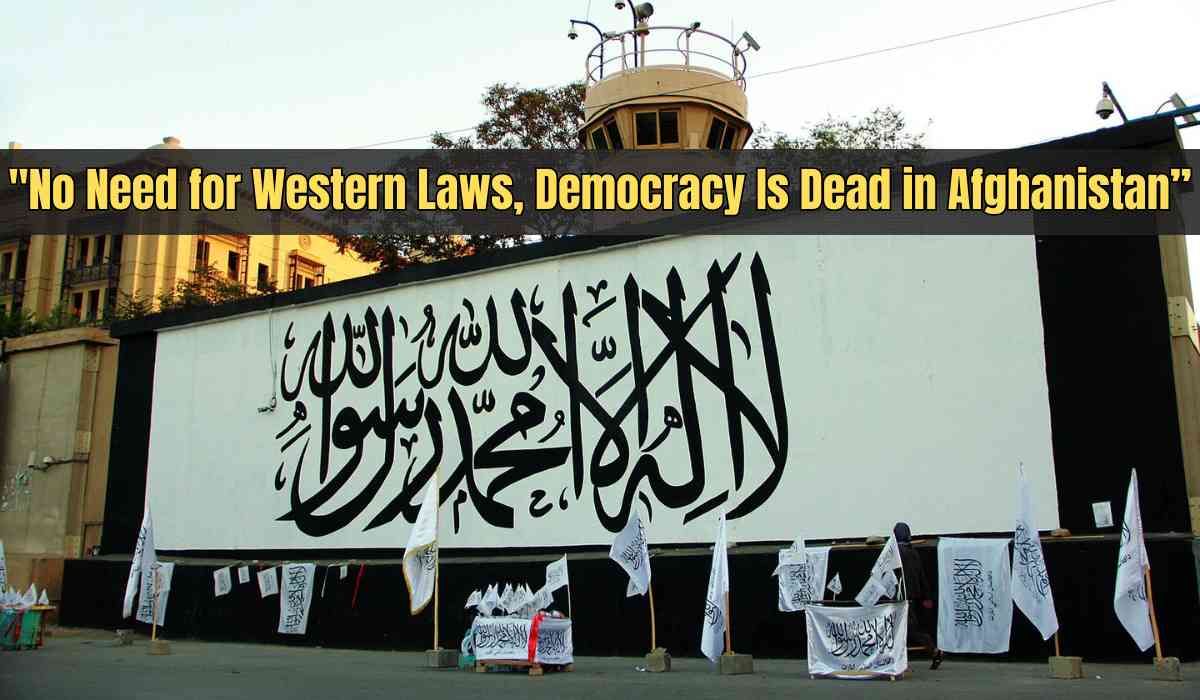In a sermon delivered during the Islamic holiday of Eid Al-Fitr, Taliban leader Hibatullah Akhundzada stated that Afghanistan no longer needs Western laws. Under the Taliban’s interpretation of Sharia law, he emphasized that the country would rely solely on Islamic law to govern its people. This message, lasting 50 minutes, was shared by Zabihullah Mujahid, the Taliban's chief spokesperson, on the microblogging platform X.
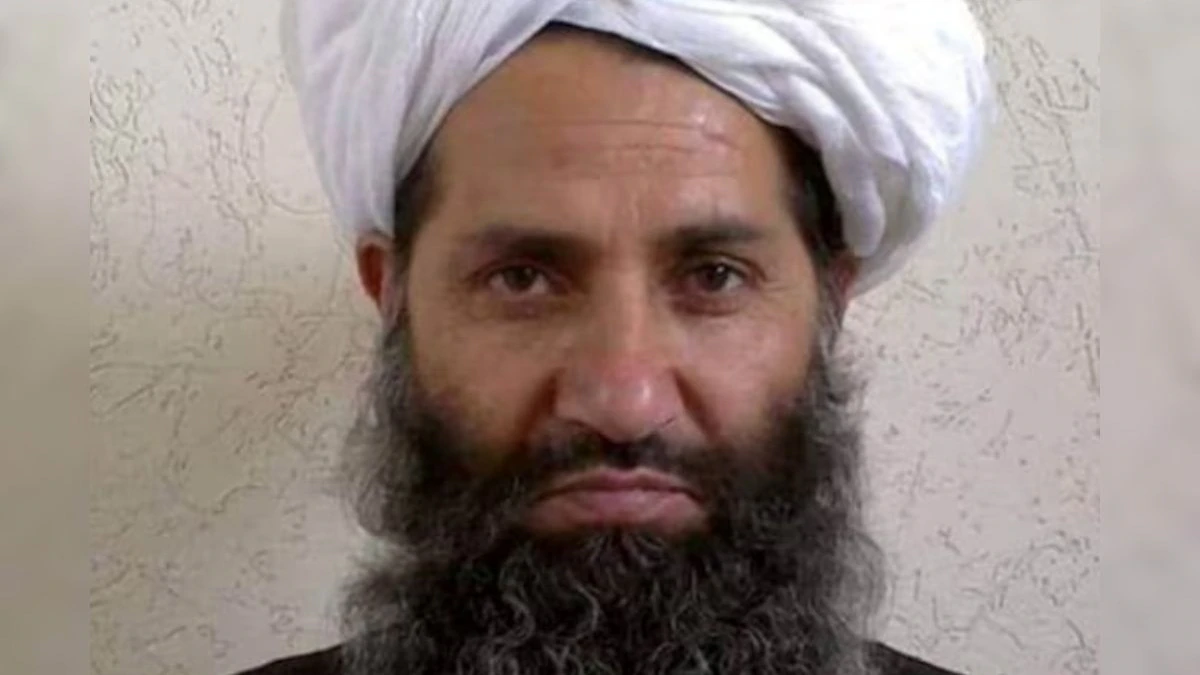
Rejection of Western Laws and Emphasis on Sharia
Akhundzada made a clear declaration about the future of Afghanistan's legal framework:
-
No Need for Western Laws: “There is no need for laws that originate from the West. We will create our own laws,” he said in Pashto.
-
Sharia Law as the Foundation: The Taliban has been governed by Sharia law since regaining control of Afghanistan in 2021. This law, according to Akhundzada, is sufficient for governance, and there is no intention to adopt legal principles from the West.
Impact of Taliban’s Sharia on Women and Girls
Under the Taliban’s strict interpretation of Sharia law, Afghan women and girls face significant restrictions:
-
Education: Women and girls are largely excluded from education beyond primary school.
-
Employment: Many jobs are inaccessible to women, with significant limitations on their ability to participate in the workforce.
-
Public Spaces: Afghan women are also forbidden from accessing most public spaces.
These policies have led to criticism from the global community and have further isolated Afghanistan from international diplomacy, except for ties with a few nations such as China and the United Arab Emirates.
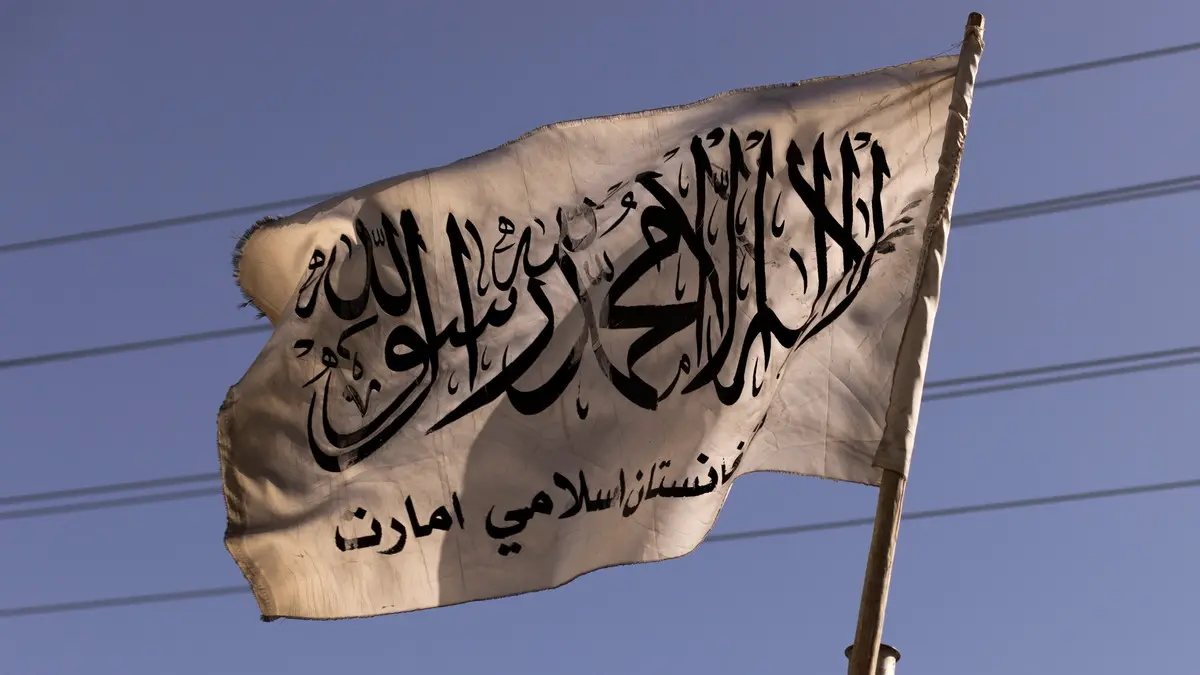
International Diplomacy and Isolation
Although Afghanistan has faced widespread condemnation for its treatment of women and human rights violations, the Taliban has managed to establish diplomatic relations with certain countries:
-
China and UAE: Diplomatic ties with China and the United Arab Emirates continue to exist, despite the global outcry.
-
International Isolation: Despite these diplomatic relations, Afghanistan remains largely isolated due to the Taliban’s domestic policies and the international community's opposition to their human rights practices.
"Democracy Is Dead" Under Taliban Rule
Akhundzada also delivered a bold claim regarding the political landscape of Afghanistan, stating:
-
End of Democracy: “Democracy had come to an end in Afghanistan, and sharia was in effect.” This message was a clear rejection of democratic ideals, which the Taliban sees as incompatible with their rule.
-
Opposition to Democracy: According to Akhundzada, those who advocate for democracy are attempting to create division between the people of Afghanistan and the Taliban-led government.
This marked a definitive stance on how the Taliban views its governance structure, with an unwavering commitment to Islamic law and the rejection of Western ideals such as democracy.
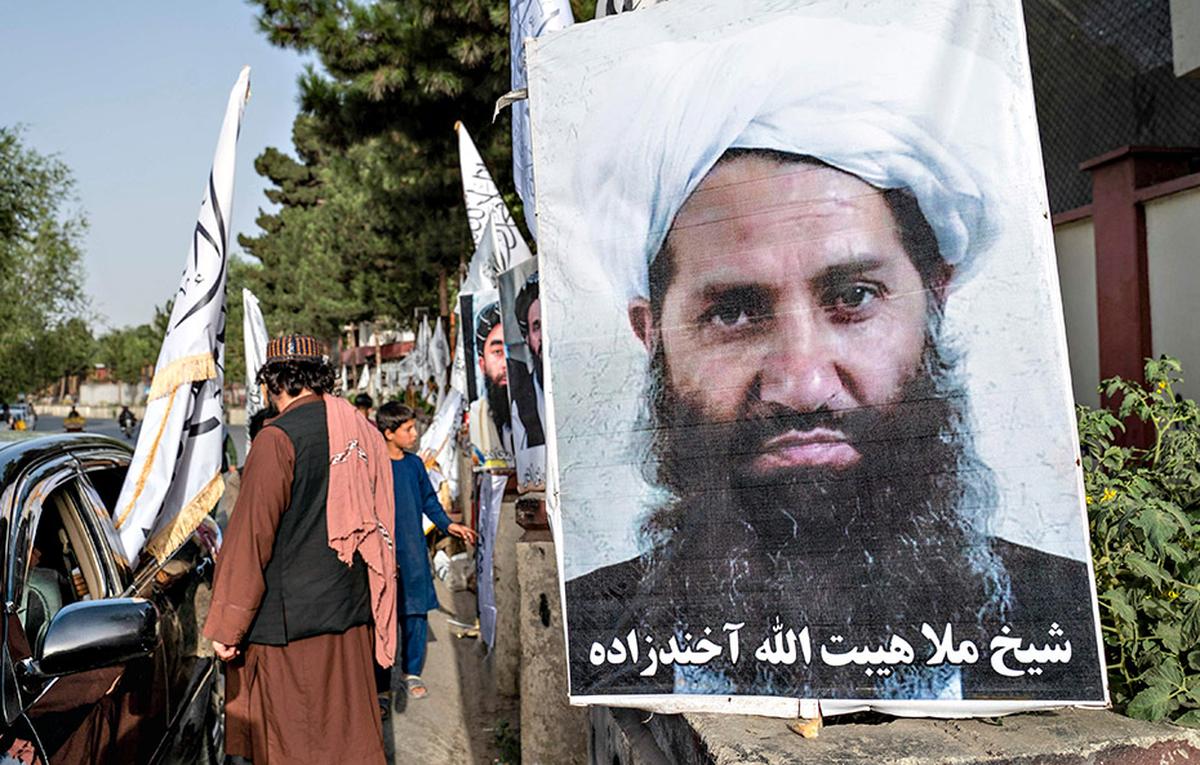
The Taliban's Criticism of the West
The Taliban leader also condemned Western countries for their actions against Muslim nations:
-
Hostility Toward Islam: Akhundzada accused Western powers, particularly the U.S., of uniting in hostility against Islam, citing the ongoing Israel-Hamas conflict as evidence of this antagonism.
-
The U.S. and Western Opposition: The message emphasized a collective resistance by Western nations toward Islamic governance, painting it as an existential struggle for Muslims around the world.
Power Struggles Within the Taliban Leadership
While the Taliban has no credible opposition inside Afghanistan, Akhundzada's rule has faced some internal criticism:
-
Centralization of Power: Some senior members of the Taliban have raised concerns about the centralization of power within Akhundzada’s inner circle.
-
Leadership Criticism: A few figures within the group have also critiqued the decision-making process under Akhundzada, with a focus on the lack of broader consultation within the leadership.
Despite this internal dissent, the Taliban leadership remains largely united under Akhundzada’s control, with no significant opposition emerging to challenge his authority.
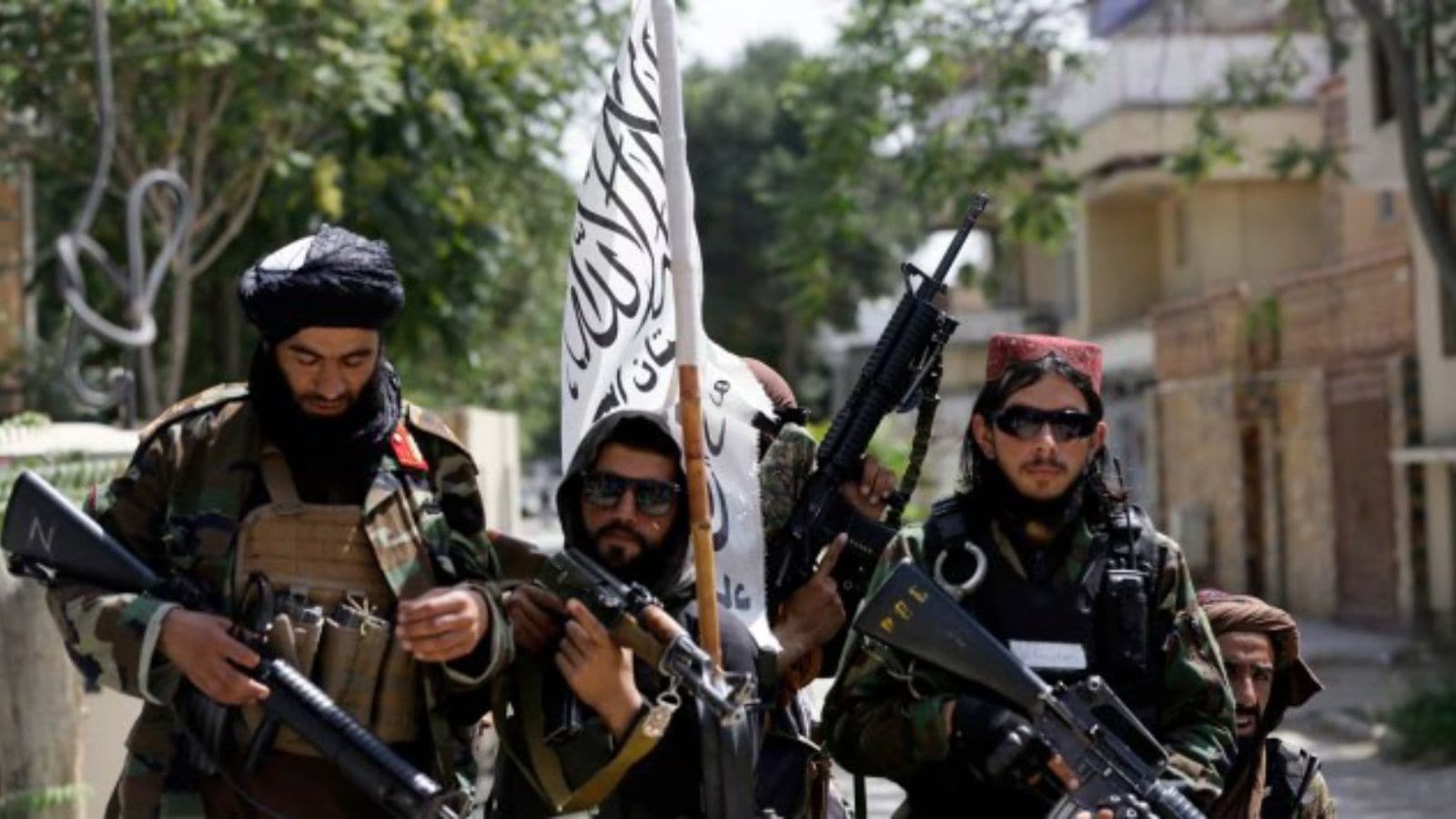
Calls for Greater International Engagement
Despite the ongoing isolation, there are factions within the Taliban that seek to improve relations with the global community:
-
Moderation Calls: Some senior figures in the Taliban have advocated for a softening of their harsher policies, especially those related to women’s rights, in order to gain international recognition and support.
-
Prisoner Exchange Diplomacy: In recent months, there has been a growing level of engagement between the U.S. and the Taliban, particularly surrounding prisoner exchanges and releases.
The Taliban’s Grip on Power
Following the U.S. withdrawal in 2021, the Taliban quickly regained control over Afghanistan, establishing strict Islamic rule after nearly two decades of conflict:
-
End of the War: While the official war in Afghanistan ended with the U.S. departure, the country continues to struggle with internal conflicts and insurgencies.
-
Islamic State Attacks: The Taliban faces ongoing attacks from ISIS, particularly from their affiliate group in Afghanistan, which poses a challenge to the stability the Taliban hopes to establish.
-
Anti-Taliban Insurgencies: Local anti-Taliban groups continue to wage insurgencies in various regions, further complicating the Taliban's efforts to solidify control over the entire nation.
Afghanistan’s Future Under Taliban Rule
The recent statements by Hibatullah Akhundzada mark a clear reaffirmation of the Taliban's commitment to Sharia law as the sole governing principle for Afghanistan. The rejection of Western laws and the declaration that "democracy is dead" signal a future where Islamic law is expected to govern without compromise.
While the Taliban leadership faces criticism both internally and from the international community, the group remains firmly in control. The question remains: can the Taliban overcome their internal challenges, continue to suppress opposition, and manage the country’s relationships with the outside world in a way that benefits Afghanistan’s future?
With inputs from agencies
Image Source: Multiple agencies
© Copyright 2025. All Rights Reserved Powered by Vygr Media.

